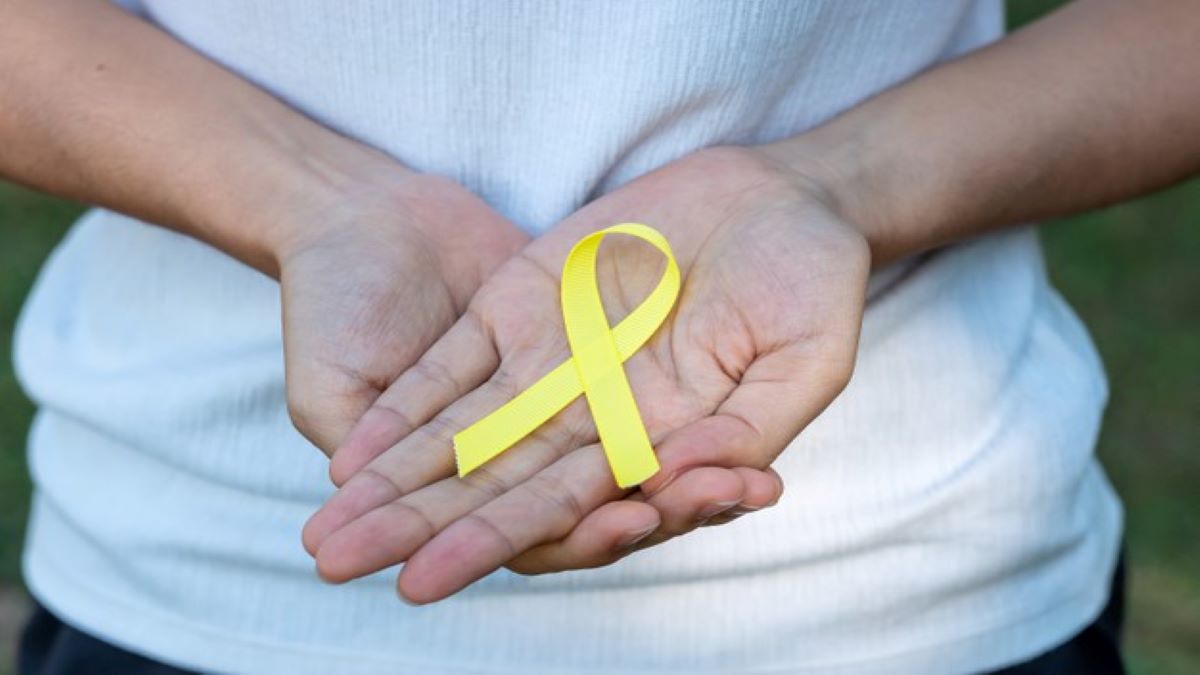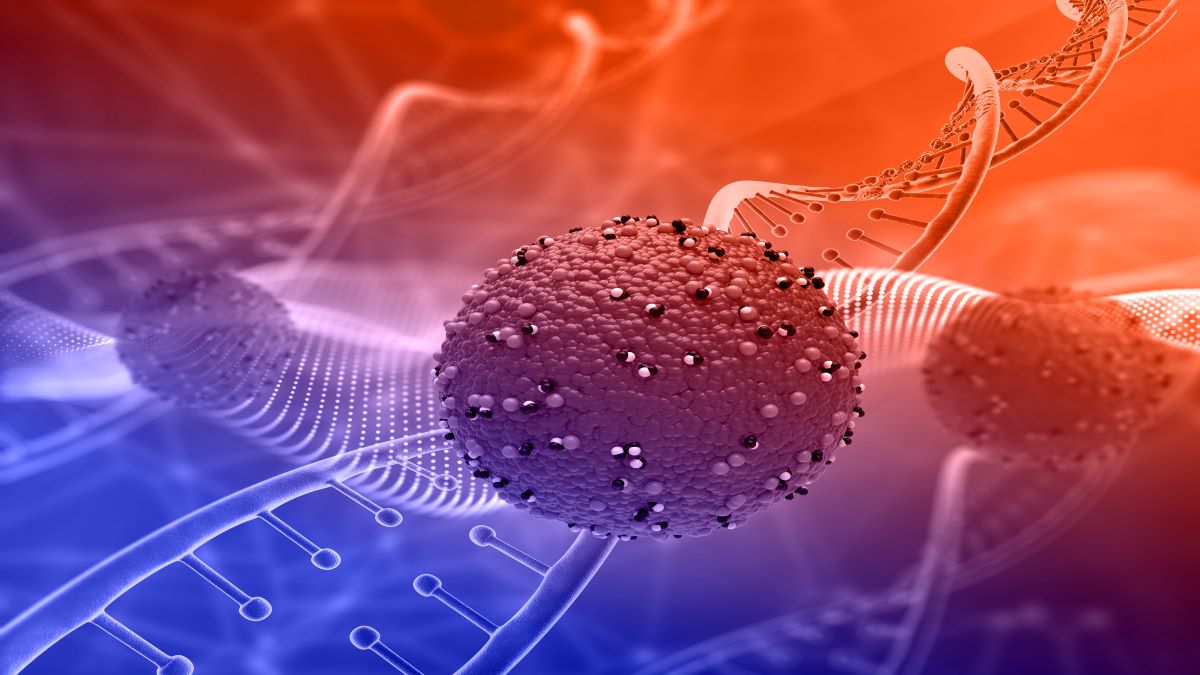Medically reviewed by Dr. Muhammad Ashraf Shera.
July every year is celebrated as National Sarcoma Awareness Month. Three out of four people have never heard of sarcoma. Well today, let’s change that. What is sarcoma, you may ask? Considered a ‘forgotten cancer’, sarcoma affects the tissues in the body, which includes muscles, joints, nerves, bones and fats. For their rareness, sarcoma is exceedingly uncommon, but not less fatal. Research today continues to discover what causes and why specific individuals acquire sarcoma.
Approximately one percent of adult and fifteen percent of childhood cancers are sarcoma as per the Sarcoma Alliance. There are two types of sarcoma with over fifty different subtypes. One is soft tissue sarcoma and the other is bone sarcoma.
It is important for us as individuals to create a difference this month by learning symptoms and risk factors along with raising awareness of the disease.
What causes Sarcoma?
Although it is unknown what causes most sarcomas, there are several risk factors that might enhance the likelihood of acquiring one. Those include:
Inherited syndromes
Some syndromes that increase the risk of the disease can be carried on from parents to children. Familial retinoblastoma and neurofibromatosis type-1 are two examples of disorders that enhance the chances of sarcoma.
Radiation therapy
Radiation therapy for cancer increases the likelihood of acquiring a sarcoma later in life.
Chronic swelling
Lymphedema is a form of swelling that is because of an obstructed or injured lymphatic system which causes an accumulation of lymph fluid. It raises the risk of angiosarcoma, a form of sarcoma.
Chemical exposure
Certain industrial chemicals and pesticides can raise the risk of developing liver sarcoma.
Virus exposure
Human herpesvirus-8 is a virus that can increase the risk of Kaposi’s sarcoma in patients with compromised immune systems.
What are the symptoms?
- Weight loss.
- Fatigue.
- Fever.
- A lump through the skin that may or may not be painful.
- Pain in the bones.
- Abdominal pain
Is there any cure?
There is indeed, however, that depends on the type, where it is in the body, how developed it is, and whether or not it has spread to other areas of the body, or metastasized. Treatments include:
Surgery
The tumour is removed from the body through surgery. In most situations, the doctor may remove only the cancer cells and not the affected body part, such as the arm or the leg.
Radiation
Radiation can be used to reduce a tumour before surgery or to destroy cancer cells that remain after surgery. If surgery is not a possibility, it might be the primary therapy.
Chemotherapy
Chemotherapy medicines might be used in addition to or instead of surgery. When cancer has spread, chemotherapy is frequently the initial treatment.
Targeted therapies
Targeted therapies are newer treatments that employ medicines or manufactured versions of antibodies from the immune system that prevents cancer cell development while leaving normal cells unharmed.
Because the body’s connective tissues are elastic, tumours can grow large before they are felt, therefore soft tissue sarcoma seldom produces any symptoms. To remain ahead of the game, you must get yearly check-ups and notify your doctor if you see any unexpected tumours or changes in your health. Examine your body for new lumps or lumps that are growing larger over time. It is critical to educate yourself and your loved ones about sarcoma symptoms. Early diagnosis enhances the odds of survival, therefore encourage them to visit a doctor as soon as possible, should they observe any signs or know anyone who experiences these symptoms.
References
Anon, 2018. Sarcoma Awareness Month. Days Of The Year. Available at: https://www.daysoftheyear.com/days/sarcoma-awareness-month/.
Anon, 2020. Sarcoma. Mayo Clinic. Available at: https://www.mayoclinic.org/diseases-conditions/sarcoma/symptoms-causes/syc-20351048.
Anon, 2021. NATIONAL DOCTORS’ DAY 2021. Available at: https://www.doctorsday.org/
Anon, 2021. Sarcomas, Soft Tissue – Types of Treatment. Cancer.Net. Available at: https://www.cancer.net/cancer-types/sarcomas-soft-tissue/types-treatment#:~:text=Small%20low%2Dgrade%20sarcomas%20can,tumor%20and%20make%20removal%20easier.
Sarcoma Alliance, What is Sarcoma? Sarcoma Alliance. Available at: http://sarcomaalliance.org/what-you-need-to-know/what-is-sarcoma/.





